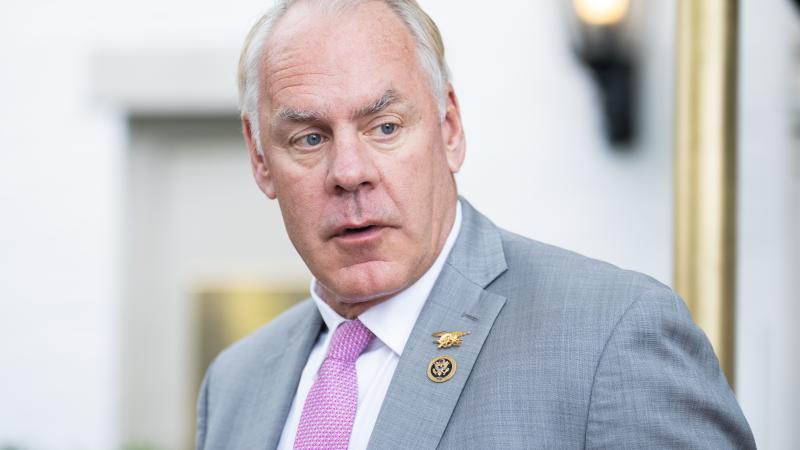Johns Hopkins doc: U.S. may hit COVID herd immunity ‘by April’
Natural infections may be widespread enough to blunt further transmission, doctor argues.
A doctor with Johns Hopkins University is making the provocative claim that the U.S. may hit the herd immunity threshold for COVID-19 as early as April, potentially indicating a rapid end to the worst of the pandemic here.
Marty Makary writes in the Wall Street Journal this week that "natural immunity from prior infection is far more common than can be measured by testing" and that, combined with the number of individuals in the U.S. vaccinated for the virus, "there is reason to think the country is racing toward an extremely low level of infection."
"As more people have been infected, most of whom have mild or no symptoms, there are fewer Americans left to be infected," Makary argued further.
"At the current trajectory, I expect Covid will be mostly gone by April, allowing Americans to resume normal life," he said.
Herd immunity is a well-established concept in epidemiology, though it has become a controversial topic in the medical community over the past year of the coronavirus pandemic.
Most public health officials have warned that pursuing herd immunity through natural infections—as opposed to vaccines—could result in millions of deaths in the U.S. alone, though those estimates were based on theoretical models developed in the earliest days of the pandemic.
Other officials, meanwhile, have warned that the fight against COVID may last significantly longer than Makary's predictions. White House COVID-19 adviser Anthony Fauci this week postulated that "hopefully, by the time we start entering 2022, we really will have a degree of normality that will approximate the kind of normality we've been used to."
















